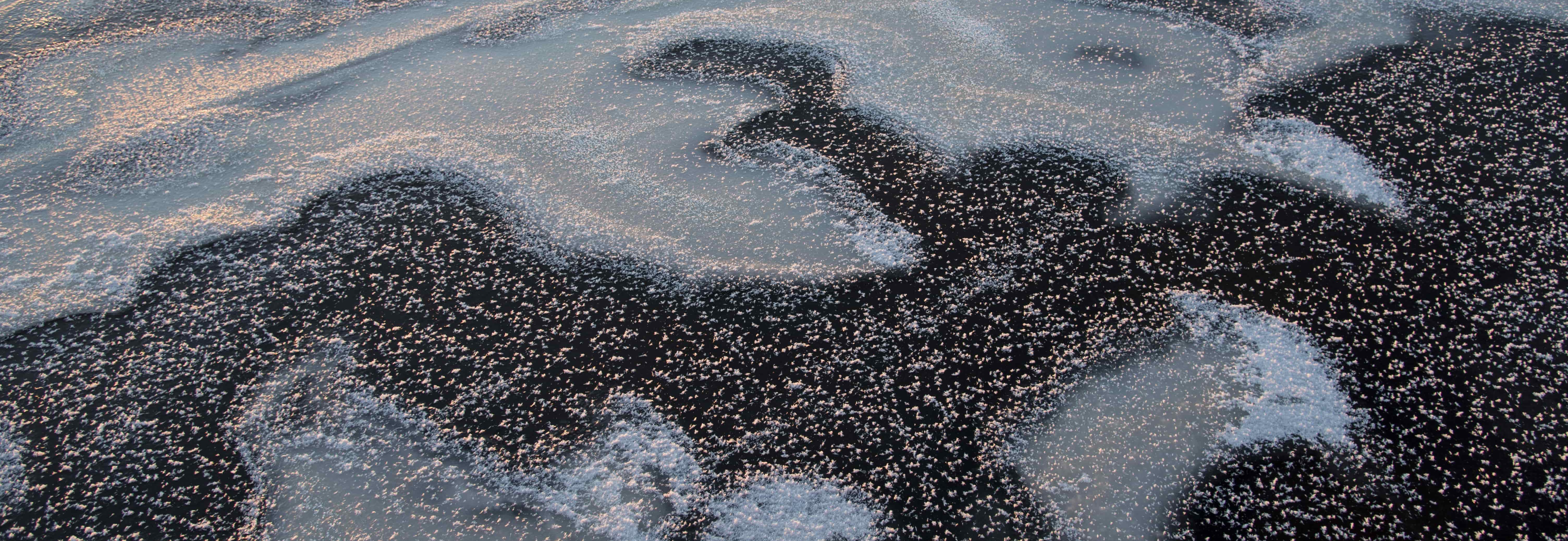
During the winter season things like black ice and whiteouts make it difficult for your fleet drivers to drive safely. Road salt helps with this. However, when it comes to your company vehicles, there are some downsides to road salt.
The freezing point of water is lowered with road salt, meaning that ice is chemically turned back into water with salt. This keeps your car from sliding on top of the ice and instead makes it so the tires touch the pavement creating traction. Although road salt is essential to keep the roads safe during the winter, it is actually highly corrosive and can damage your fleet vehicles over time.
Magnesium Chloride is the scientific name for salt and rust is the biggest threat created by this compound, which is of course becomes worse over time as your vehicle is repeatedly exposed to it. An array of problems can occur on your company vehicle by rust ranging from subframe damage to hydraulic brake system leaks.
Truck components that were known to last 10 years or more can wear out in less time due to excessive road salt. This puts your fleet drivers at risk as well by damaging a myriad of parts of your company vehicles like fuel tanks, brakes, electrical system, radiators and more.
Preventing Salt Damage to Your Car
Your fleet vehicles are a big investment in your business and protecting them from things like rust and salt is essential. Of course, car problems will happen from time to time, but road salt and rust damage can be prevented. Some tips include:
- Get your company cars cleaned once a week.
- When temperatures reach 40 degrees F or higher, wash your vehicles.
- Only clean company cars in the daytime so they can dry entirely before the freezing temperatures hit in the evening.
- After cleaning your vehicles, open and close the trunk, the doors and other parts of your vehicles that have locks a few times to prevent the locks from freezing when the vehicles are parked.
- Make sure your drivers don’t drive through deep snow which can get packed into the undercarriages of the vehicles and contribute to corrosion or cause other issues like vibrations, reduced braking action, inhibit airflow, etc.).
You can reduce the damage done to your fleet vehicles by sand and salt by keeping them as clean as you can in the winter. The best way to do this and protect your vehicles from any rust damage is to wash off any brine and road salt residue follow each snow storm or at minimum once a week.
In the fall, wash all your vehicles thoroughly, including the undercarriages. Add a coat of wax and follow it with a wax sealant so the wax adheres to the paint of your vehicles. Seal the undercarriages of the vehicles, especially the fuel and brake lines since these are most susceptible for corrosion and rust and can make it unsafe for your drivers if they fail. It is also important that you have commercial auto insurance in place to help cover you in the case of an accident due to faulty brakes or other car parts because of road salt.